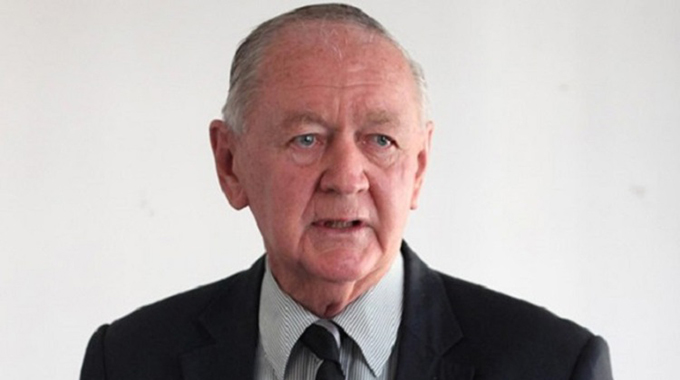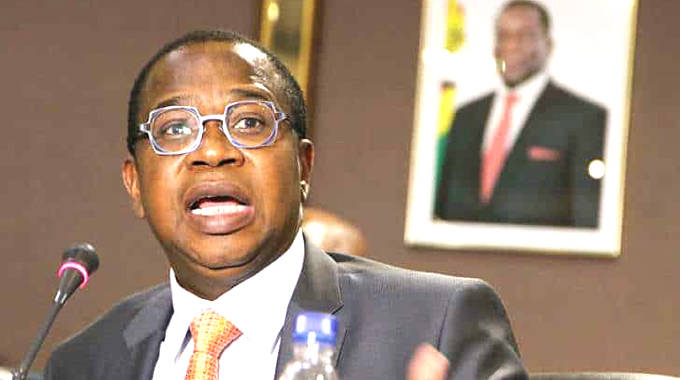EDITORIAL COMMENT : Ground beneath us shifting as economy booms

We believe economist Eddie Cross aptly captured it when writing on his blog, that something the average Zimbabwean has not grasped is that the ground beneath us is shifting fast in terms of economic recovery.
Cross, a member of the Reserve Bank of Zimbabwe monetary policy committee said there are a number of positive developments, which demonstrate the domestic economy is fast getting out of the block.
It has been his view for some time now that an average Zimbabwean has not grasped the extent to which the ground under our feet has changed, economically, and we totally agree with his sentiments.
He pointed out that two years ago Zimbabwe had a grossly overvalued currency and the country was running massive perennial budget deficits.
All this is now in the past; the country has a market exchange rate and balanced budget.
During that period Zimbabwe was importing over 70 percent of its food while an estimated 95 percent of what was seen in the supermarkets was imported.
But there has recently been a notable increase of local goods.
Cross was also not off the mark when he pointed out that even before Covid-19 set in, the country’s gross domestic product was already in decline following a devastating drought and resetting the tempo and direction of the economy required painful decisions.
It’s early days yet, but the tell-tale signs of a patient emerging from a long illness are starting to unravel.
Many people can feel it, but have not figured out what it is that is happening around them, fast and quick.
“By the end of December, I have no doubt in my own mind that our GDP will have largely recovered to earlier levels of activity,” Mr Cross said.
He pointed out that inflation has been below 4 percent, on a month-on-month basis, for the past four months and predicted little changes or possibility that it will spiral out of control for the rest of the ensuing calendar year.
Even the annual inflation rate cannot force its way up the way it rampaged for much of the previous year on account of exchange rate volatility due to the absence of a market-led exchange rate determination system.
According to figures from the Zimbabwe National Statistics Agency, the annual inflation rate dropped to 401 percent in November, from 471 percent the previous month.
With the current situation characterised by a stable exchange rate, prices and inflation, we are optimistic for a sustainable stable macroeconomic conditions; a prerequisite for investment and growth going forward.
The country no longer has many shortages; the exchange rate is stable and has corrected imbalances that existed in 2018, while the country’s balance of payment position is in surplus in addition to growing nostro savings.
The RBZ also successfully introduced a Dutch foreign exchange auction system on June 23, 2020, which was the beginning of the end of the once rampaging inflation.
Not only has this system helped stabilise the rate and inflation, it has provided a means for formal access to forex for businesses to drive production.
It just, as well, that Finance and Economic Development Minister Professor Mthuli Ncube was not being overambitious after predicting monthly inflation to trend below 1 percent for much of 2021 and the economy expanding by 7,4 percent.

Professor Mthuli Ncube
The Treasury chief also said that, for the first time in many years, the country will end this financial year with a positive current account balance of around $1,2 billion.
Other indicators of an improving economy are growth in exports, which went up 18,2 percent over the last 11 months.
Instructively, the positive vibes reverberating across the economy speak to the cocktail of measures rolled out by the Government over the last two years under the Transitional Stabilisation Programme (TSP), which lapses this month.
The TSP will be succeeded by the National Development Strategy (NDS1), which will run for the next five years to 2025 and seeks to build on the strong foundation which has been laid during the period of the short-term plan.










Comments